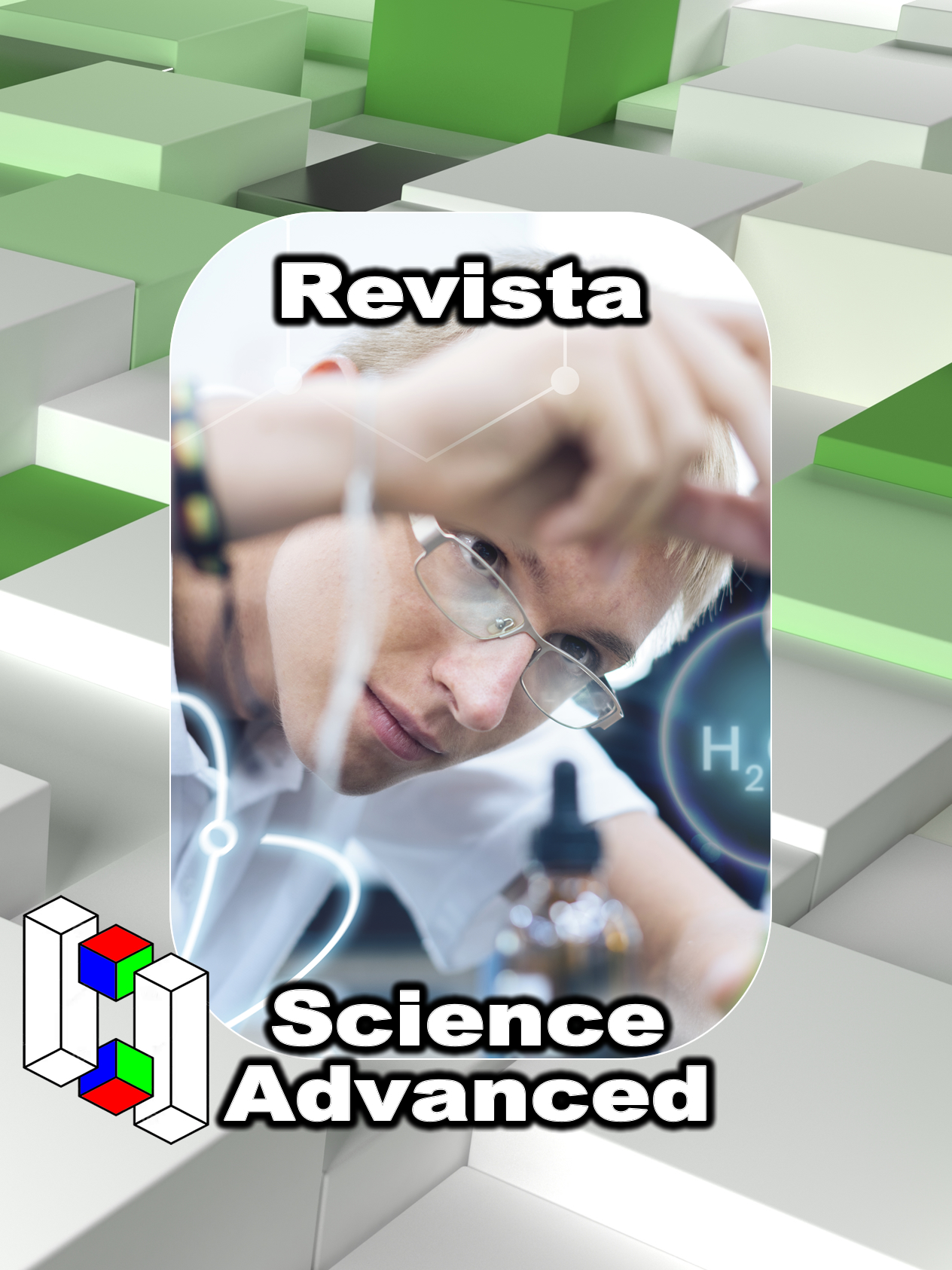Educational Innovation through Artificial Intelligence Transforming the Classroom of the Future
DOI:
https://doi.org/10.6005/DOIPalabras clave:
Education, Technology, Globalization, Critical Thinking, Digital LiteracyResumen
As AI becomes an essential tool, its ability to personalize learning and facilitate teaching stands out as a significant advantage; AI not only helps educators design more effective curricula based on data analysis but also allows students to learn at their own pace and according to their individual needs. Despite its potential, the implementation of AI in education still faces challenges, including unequal access to technology and ethical concerns about the use of automated systems. In the current context, where education is constantly evolving due to technological advances, the need to prepare students for a future where AI will be omnipresent in the workplace is underlined. Through collaboration between educators, researchers and students, a more inclusive and equitable approach is sought that considers different educational realities. The text highlights the importance of AI literacy among students and educators so that they can interact effectively with these emerging technologies, calling for the improvement of teacher training programs and the creation of a curriculum that incorporates AI concepts from early educational levels.
Keywords: Artificial Intelligence (AI), Personalization of Learning, Educational Innovation, Ethics in Education, Digital Literacy, Educational Collaboration
Descargas
Publicado
Versiones
- 2025-02-21 (2)
- 2025-02-21 (1)














